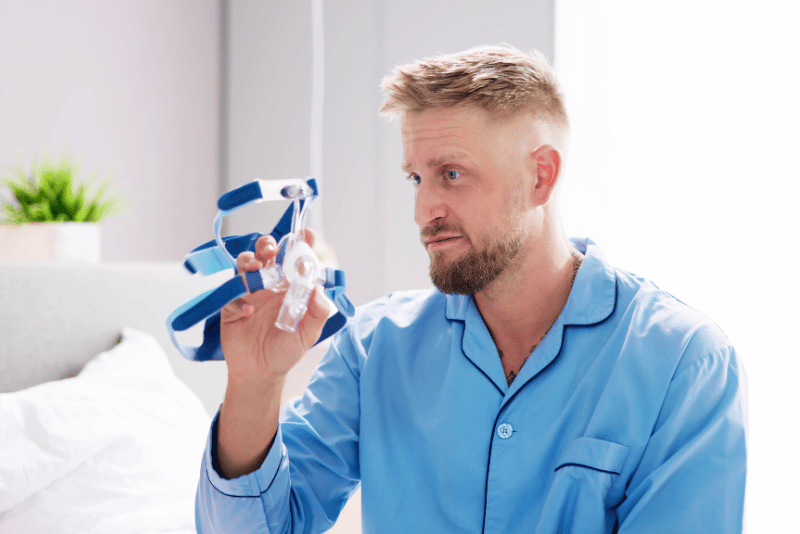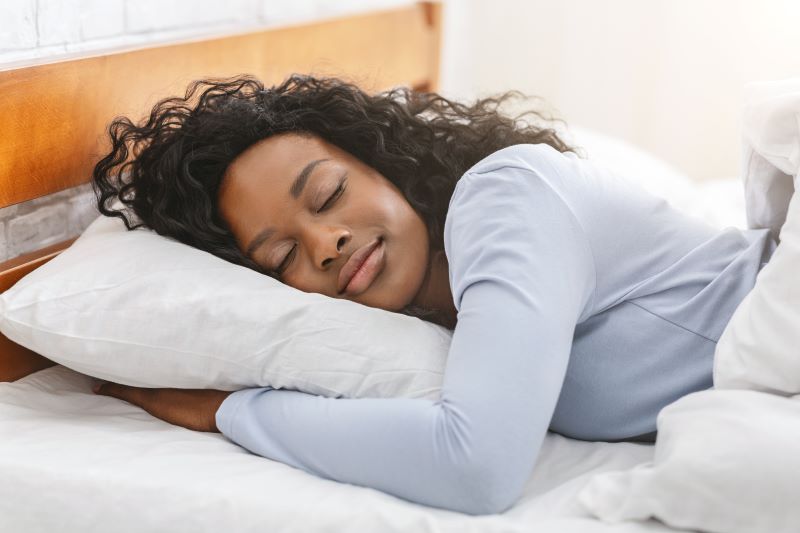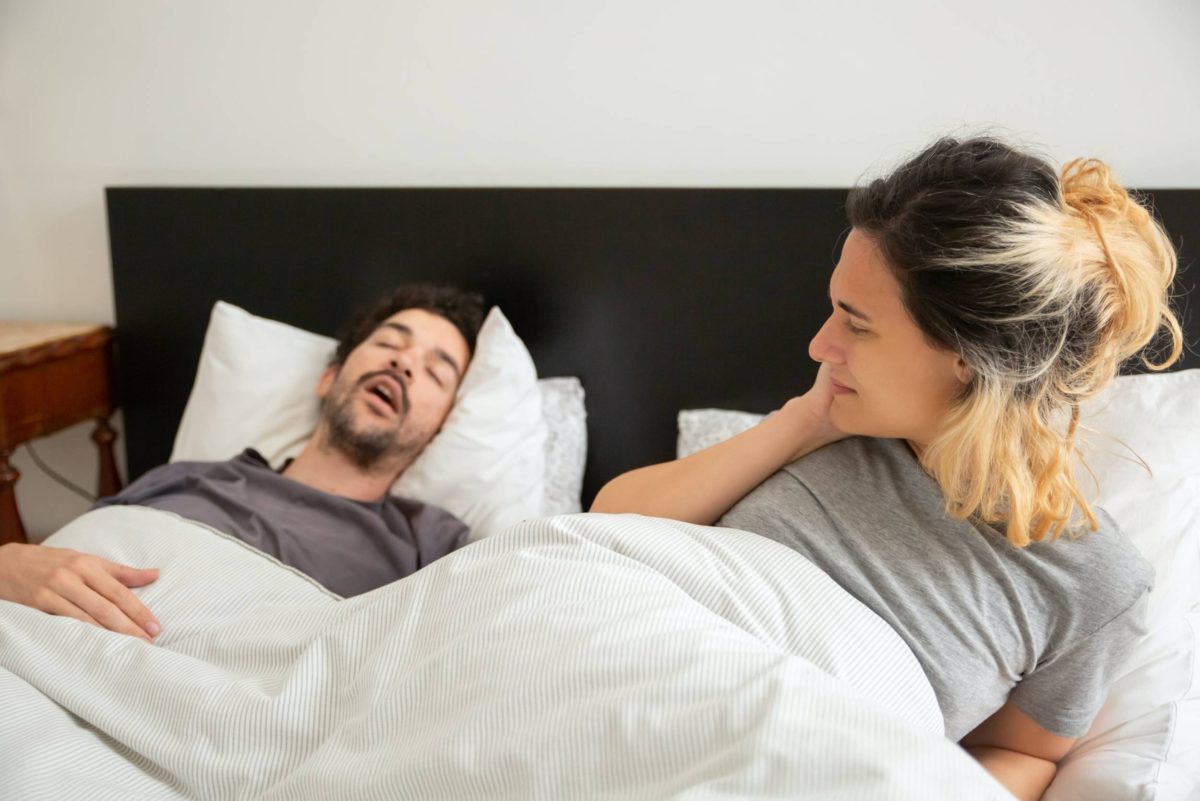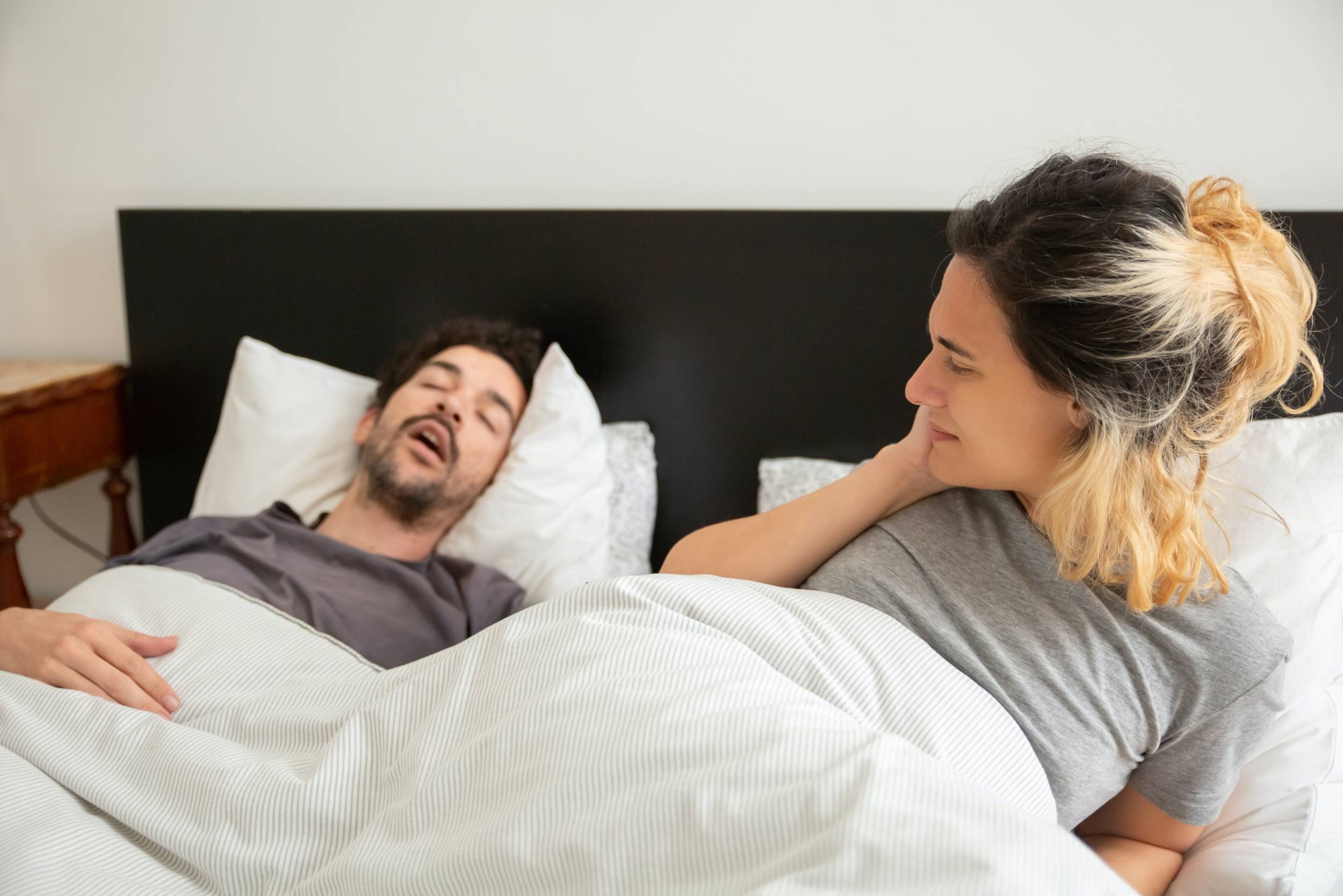It seems like today sleep often takes a backseat to our many daily responsibilities. However, the importance of good sleep cannot be overstated. Quality sleep is essential for our physical health, mental well-being, and overall quality of life. Despite this, many people suffer from sleep disorders that go undiagnosed and untreated due to long wait times and high costs associated with traditional sleep studies.
The Importance of Good Sleep
Sleep plays a critical role in maintaining our health. It helps the body repair itself, supports brain function, and boosts our immune system. Chronic sleep deprivation has been linked to a range of health problems, including heart disease, diabetes, obesity, and depression. Moreover, lack of sleep can impair cognitive function, leading to poor decision-making, decreased productivity, and increased risk of accidents.
Recognizing the significance of good sleep is the first step toward better health. For those experiencing sleep issues, seeking a professional diagnosis and treatment is crucial. However, this is where many face significant hurdles.
The Challenges with Traditional Sleep Consultations
Hospital sleep centers are experiencing overwhelming demand, leading to lengthy wait times for consultations and studies. It’s not uncommon for patients to wait six months or more for an appointment. This delay can exacerbate health issues, decrease the quality of life, and lead to further complications.
Additionally, the cost of in-lab sleep studies conducted in hospitals can be prohibitive. These studies often run into the thousands of dollars, putting a significant financial strain on patients.
Parkway Sleep: Your Solution to Better Sleep, Sooner
At Parkway Sleep, we understand the vital role sleep plays in your life, and we are committed to helping you achieve the restful sleep you deserve without the long wait times and high costs associated with traditional sleep studies.
Quick Openings for Consultations and Sleep Studies
Unlike hospital sleep centers, Parkway Sleep offers quick openings for consultations, at-home sleep studies, and in-lab sleep studies. We recognize that waiting months for a diagnosis and treatment is not an option for many, and we strive to provide timely access to our services.
Cost-Effective Solutions
We also understand the financial burden that sleep studies can impose. Parkway Sleep provides cost-effective solutions that are often significantly less expensive than those offered by hospitals. By choosing Parkway Sleep, you can save thousands of dollars while still receiving top-quality care and accurate diagnoses.
Convenient At-Home Sleep Studies
For many patients, at-home sleep studies offer a convenient and effective alternative to in-lab studies. These studies can be conducted in the comfort of your own home, allowing you to maintain your regular sleep routine while still receiving the accurate results needed for a proper diagnosis. Parkway Sleep offers these at-home studies with immediate availability, ensuring you get the care you need without unnecessary delays.
Expert Care and Personalized Treatment Plans
At Parkway Sleep, we pride ourselves on providing expert care and personalized treatment plans. Our team of experienced sleep specialists will work with you to understand your unique sleep issues and develop a tailored plan to address them. Whether you need lifestyle recommendations, medical interventions, or continuous monitoring, we are here to support you every step of the way.
Good sleep is essential for a healthy, fulfilling life. Don’t let long wait times and high costs stand in the way of getting the sleep you need. Parkway Sleep is dedicated to providing timely, affordable, and effective sleep consultations and studies, so you can achieve the restful sleep you deserve. Contact us today to schedule your consultation and take the first step toward better sleep and better health.
Parkway Sleep Health Centers
Are you having trouble getting a good night’s sleep? Parkway Sleep Health Center can help. Evaluating the root of the problem will help determine the best treatment for sleep apnea. Whatever PAP device you need, we have the perfect CPAP equipment for sale on our CPAP shop. Contact us today at 919-439-3463 to schedule an appointment. Soon you’ll get a restful night’s sleep and wake up with energy.













